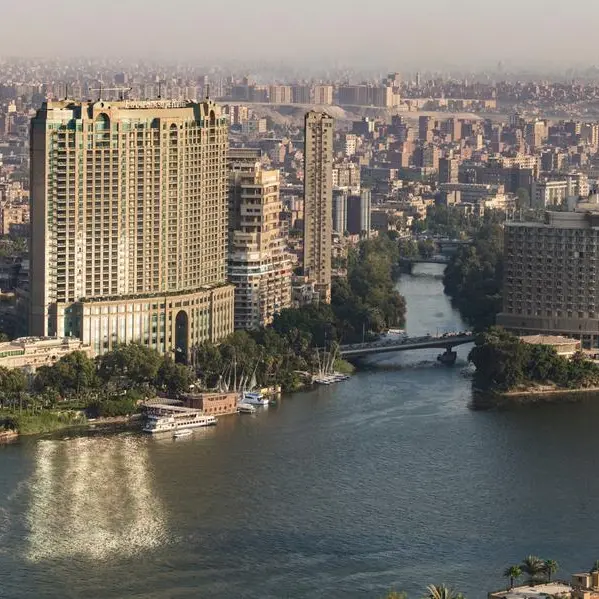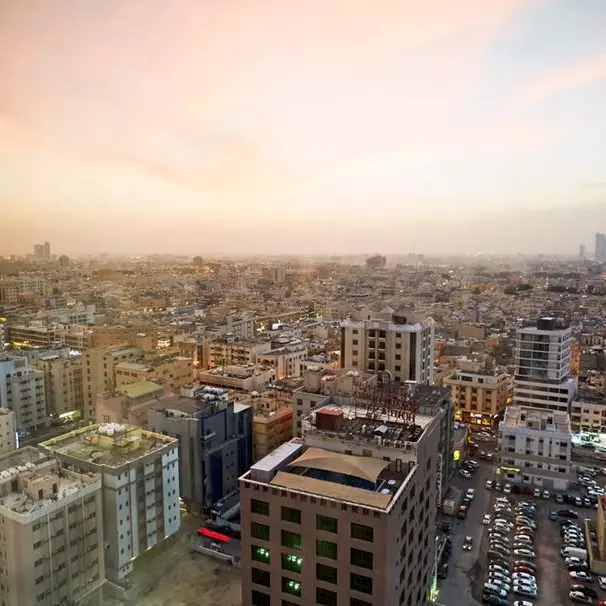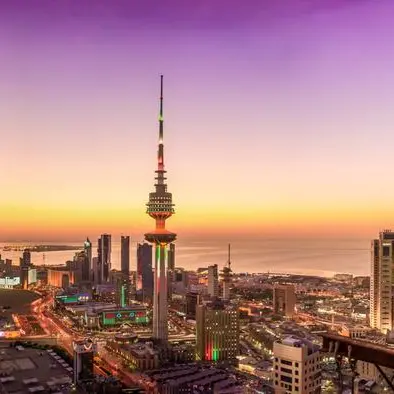PHOTO
The decision allows Palestinian refugees — many of whom are doctors, lawyers and nurses — to work in the managerial, business, tourism, industrial, information, health, education and service sectors.
It includes “Palestinians born in Lebanese territories, born to a Lebanese mother or married to a Lebanese citizen, and non-registered Palestinians who were born in Lebanon,” but forbids them from joining state security services or free profession syndicates.
Major political parties and figures criticized Palestinian refugees and condemned the decision, warning that it was the beginning of a push for naturalization.
Gebran Bassil, head of the Free Patriotic Movement, said: “The decision violates the labor law and the constitution. It is veiled naturalization and it is rejected.”
In a tweet, he called on labor syndicates to reject the decree and urged the Lebanese public to ignore it. “This is unacceptable and we will not allow the stealing of jobs from Lebanese in such circumstances,” he said.
Former labor minister Sejaan Kazzi said that Bayram’s decision “contradicts the decision issued in 2015,” adding: “This new resolution will increase the Lebanese people’s unemployment rate by 40 percent and open the door to settlement and naturalization.”
The Kataeb Party said: “Instead of Bayram increasing the opportunities for Lebanese people to prevent their state of destitution — with hundreds of them being laid off — he allowed non-Lebanese to compete with them for their livelihoods.”
A source examining the right of Palestinian refugees to work in Lebanon told Arab News that former labor minister Trad Hamadeh tried to push through a similar decree that was canceled by the next prime minister.
The source said: “There is no specific mechanism for the adoption of a ministerial decree.
“Bayram’s decision does not affect Palestinians whose specializations require membership in powerful syndicates. These syndicates also prevent Lebanese who are not members from practicing their professions.
“This decision only allows the use of Palestinian labor in professions that do not require advanced degrees. These are modest craft and manual professions that the Lebanese do not want to work in.
“Simultaneously, this decision prevents a social crisis in the camps as a result of the economic collapse and many unemployed young Palestinians turning to drugs and theft. In other words, it is a decision to defuse the situation.
“Palestinian refugees contribute to Lebanon’s economy; thousands of them are paid in dollars by the Palestine Liberation Organization or international organizations and they spend their money in Lebanon.”
In a press conference on Friday, Bayram said: “What was prohibited by the constitution and laws is still prohibited for the non-Lebanese. Foreign workers in all sectors work under an exception license issued by the labor minister. However, the Lebanese people have the priority in all professions.”
He added: “90 percent of people criticizing us have not read the whole decision. The Lebanese worker holds the priority, and the exception is granted to the foreign worker. Some sectors do not appeal to the Lebanese, such as the construction and agriculture sector, where we gave foreign workers priority.
“The decree gives Palestinians privileges by exempting them from having a work permit and allowing them membership of social security. We are in trouble in the job market and trying to fill the gaps. The Lebanese market needs foreign labor.”
On social media, FPM supporters launched a campaign against Bayram. Some activists referred to the employment of “strangers,” a term that was used to describe Palestinian refugees during the civil war.
Separately, at the end of his tour in Lebanon to examine the Palestinian refugee situation, UNRWA Commissioner-General Philippe Lazzarini said: “The living conditions in the camps continues to deteriorate, and Palestinians, who are some of the most marginalized groups in Lebanon, are now extremely desperate, frustrated and angry.”
He added: “I met graduates whose only hope for a better future is to emigrate. I met a young father who has nightmares about how to buy milk for his child. I heard of a man who killed his wife because she shared the family’s food basket with neighbors who were hungry. In addition, there is an increased child labor rate, divorce and the collapse of the social fabric.”
Lazzarini welcomed any measures that would ease restrictions on the rights of Palestinian refugees and promised to “make an effort to increase the required funding.”
He said: “The economic and financial collapse in Lebanon was accompanied by the UNRWA’s financial difficulties in maintaining the basic services of refugees, such as education, health and social networking.”
Copyright: Arab News © 2021 All rights reserved. Provided by SyndiGate Media Inc. (Syndigate.info).





















